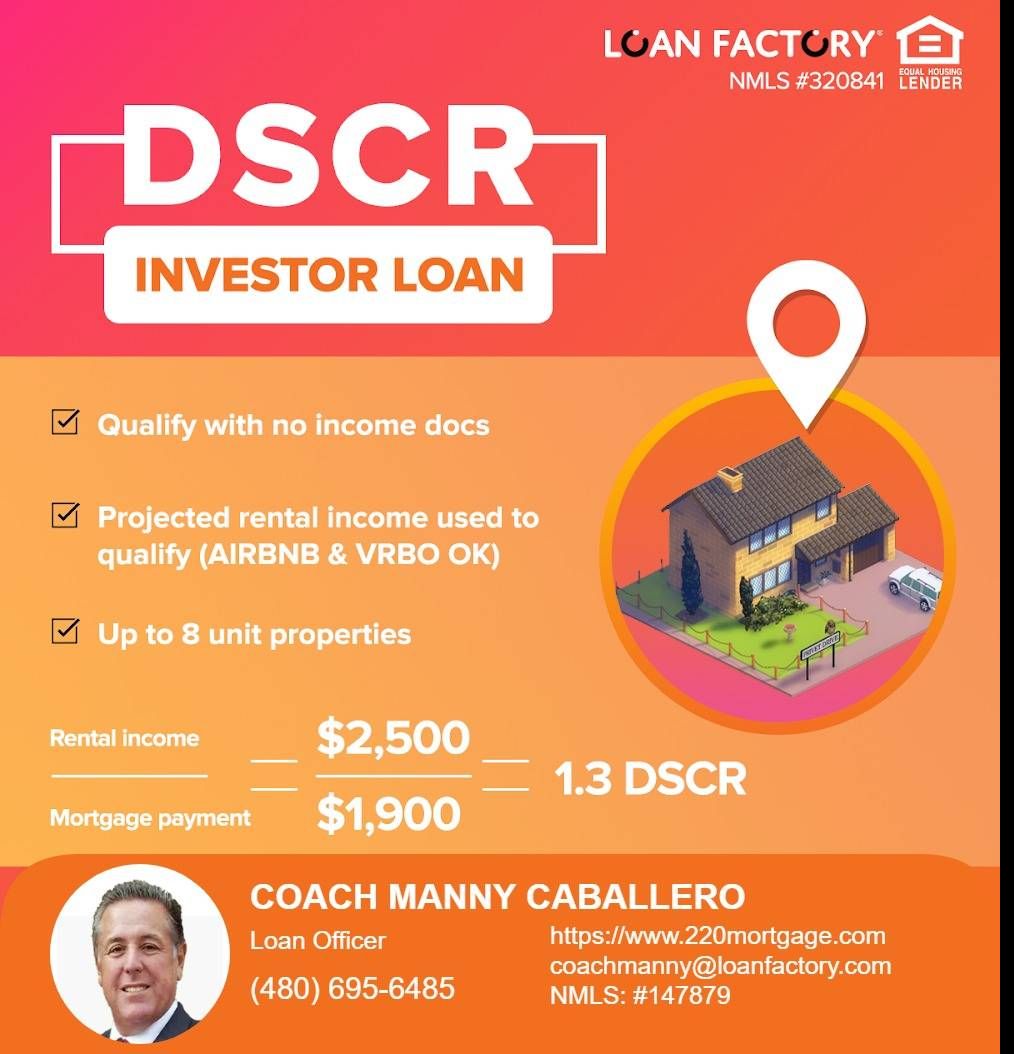Blog > The Self-Employed Buyer’s Guide to Home Loans
Navigating the world of home loans can be a daunting task, especially for self-employed individuals. Unlike traditional employees who receive a steady paycheck, self-employed buyers often face unique challenges when it comes to securing financing for their dream homes. However, with the right knowledge and preparation, self-employed individuals can successfully obtain a home loan and become proud homeowners.
**Understanding Self-Employment Income**
 One of the primary hurdles for self-employed buyers is proving their income. Lenders typically require two years of tax returns to assess an applicant's financial stability. This means that self-employed individuals must be diligent about keeping accurate records and reporting their income honestly. It’s crucial to maintain organized documentation of all business expenses and income sources, as lenders will scrutinize these records to determine eligibility.
One of the primary hurdles for self-employed buyers is proving their income. Lenders typically require two years of tax returns to assess an applicant's financial stability. This means that self-employed individuals must be diligent about keeping accurate records and reporting their income honestly. It’s crucial to maintain organized documentation of all business expenses and income sources, as lenders will scrutinize these records to determine eligibility.
When applying for a home loan, it's essential to understand that lenders may average your income over the past two years. If your earnings fluctuate significantly from year to year, this could impact your loan approval process. Therefore, it’s wise to work with a financial advisor or accountant who can help you present your income in the best light possible.
**Types of Home Loans Available**
Self-employed buyers have access to various types of home loans, including conventional loans, FHA loans, VA loans, and more. Each type has its own eligibility requirements and benefits:
1. **Conventional Loans**: These are not insured by the government and typically require a higher credit score. They often come with stricter debt-to-income ratio requirements.
2. **FHA Loans**: Insured by the Federal Housing Administration, these loans are designed for low-to-moderate-income borrowers and may be more accessible for self-employed individuals with less-than-perfect credit.
3. **VA Loans**: Available to veterans and active-duty service members, VA loans offer favorable terms without requiring a down payment.
4. **Bank Statement Loans**: For those who may not have traditional income documentation but have substantial deposits in their bank accounts, bank statement loans allow lenders to evaluate income based on bank statements rather than tax returns.
Understanding which type of loan is best suited for your financial situation is critical in navigating the home-buying process.
**Preparing Your Finances**
Before applying for a home loan, it’s essential for self-employed buyers to prepare their finances thoroughly:
- **Credit Score**: Check your credit score well in advance of applying for a mortgage. A higher score can lead to better interest rates and loan terms.
- **Debt-to-Income Ratio (DTI)**: Lenders look at your DTI ratio to assess your ability to manage monthly payments. Aim for a DTI below 43%, although some lenders may allow higher ratios depending on other factors.
- **Down Payment**: Determine how much you can afford for a down payment. While many conventional loans require at least 20% down, some options may allow lower down payments.
- **Documentation**: Prepare necessary documents such as tax returns from the last two years, profit-and-loss statements from your business, and bank statements that reflect your financial health.
**Working with Lenders**
Finding the right lender who understands the complexities of self-employment can make all the difference in securing a home loan. Look for lenders experienced in working with self-employed borrowers; they will be more familiar with common issues and solutions that arise during the application process.
Consider reaching out to multiple lenders to compare rates and terms before making a decision. Don’t hesitate to ask questions about their experience with self-employed clients and what specific documentation they require.
**Market Update**
As we look at current real estate trends, it’s important to note that mortgage rates have seen fluctuations recently due to economic factors such

as inflation and federal reserve policies. While this might seem daunting, it also presents opportunities for savvy buyers—especially those who are prepared and informed about their options.
The housing market continues to evolve; however, demand remains strong in many areas despite rising interest rates. Self-employed buyers should take advantage of this moment by being proactive in their search for homes while ensuring they are financially prepared.
In conclusion, being self-employed doesn’t have to hinder your journey toward homeownership. With proper planning and understanding of available options tailored specifically for you as a self-employed individual, you can navigate through the complexities of obtaining a home loan successfully.
Ready to take the next step? Self-employed? Get approved for a home loan today! Apply now at [www.220mortgage.com/apply](http://www.220mortgage.com/apply) and start turning your dream of owning a home into reality!

